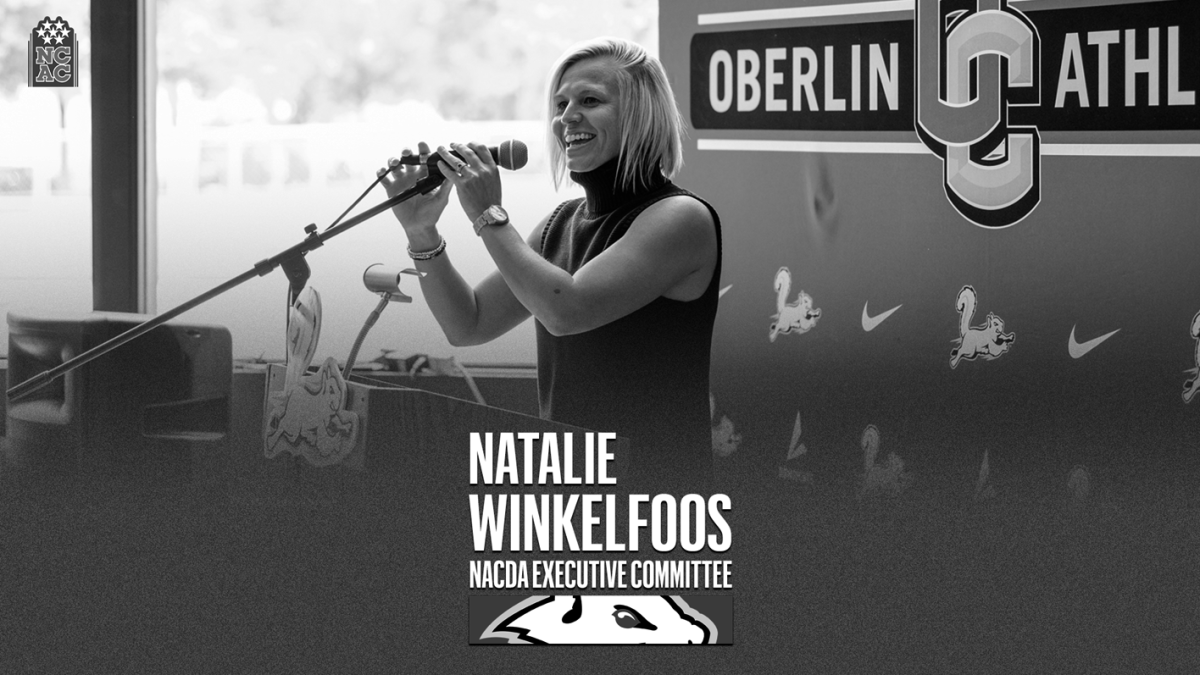From 1964 to 2006, Oberlin boasted the renowned professor of Voice, Richard Miller, a lyric tenor, who garnered international praise in the classical vocal world for his use of voice science in the practice room. In Classical Singer Magazine, Jason Vest writes that “Perhaps no one person has had a greater influence on a rising generation of singers.” Miller started performing as a vocalist at age three and went on to study at the Marseilles Conservatory, Westminster Choir College, and the University of Michigan before studying in Rome on a Fulbright Fellowship. In addition to his successful performing career across Europe, he made a resounding impact on vocal pedagogy. His innovative integration of physiological science into the artistic pursuit of vocal technique has been documented in his writings on vocal training, including his book National Schools of Singing, discussing the varied techniques he encountered when traveling through Europe. In addition to that, he wrote seven more books, penned many articles, and edited several anthologies on the intersection of vocal artistry and scientific technique. He also founded the summer Institute of Voice Pedagogy at Oberlin in 1981, which has been cited by many as evidence of his theory in practice.
His legacy is also honored in Oberlin’s Richard Miller Classical Voice Competition, open to high school sophomores, juniors, and seniors. The 2024 competition just wrapped up Nov. 9, when five finalists performed in Kulas Recital Hall for a panel of Oberlin Voice faculty, as well as a high profile graduate guest judge. Last year, the guest judge was mezzo-soprano Denyce Graves, OC ’85, and this year, it was bass-baritone Daniel Okulitch, OC ’99. Okulitch will also be performing in December in Oberlin’s production of Omar by Rhiannon Giddens, OC ’00, and Michael Abels.
The competition is still a new program, initiated last fall through a monetary gift from Robert W. Wheeler Professor of Voice Salvatore Champagne, OC ’85, in the name of Howard Lubin, OC ’75, his partner of 33 years who passed three years ago. Lubin studied piano at Oberlin and was encouraged by Miller to pursue accompaniment and coaching for vocalists. The competition’s fourth- and fifth-place Encouragement Awards are named in Lubin’s honor.
“I just thought that it would be a wonderful way of honoring both Mr. Miller and Howard,” Champagne said. “It also served the purpose of bringing high school students to campus in a recruiting effort. … We familiarize them with the quality of work that goes on at the Conservatory, both with regards to the faculty, but also to show them our resources, to have them interact with graduates who have been very successful in the field, so they can imagine their own path should they choose to come to Oberlin. [We] familiarize them with our program and the level at which we function.”
The funds provided by Champagne were supported by the Office of the Dean of the Conservatory to cover the competition’s expenses. Of these combined funds, $6,000 worth of prize money annually goes toward high school students pursuing a degree in Classical Vocal Performance. The competition not only honors the legacies of Miller and Lubin, but also supports the next generation of young musicians.
“It’s very exciting and can be, frankly, rejuvenating,” Champagne said, referring to the promise of the future of vocal music at Oberlin.
This year, about 50 entrants submitted videos to the first round. Fifteen semi-finalists were chosen to compete on campus, and the top five performed last Saturday at 6 p.m. in Kulas Recital Hall. Sara Springett won first place and a $2,500 cash prize with her performance of “Carceleras” by Ruperto Chapí and “How Fair This Spot!” by Sergei Rachmaninoff.
“I learned a lot about Oberlin Conservatory itself, and being able to be in an environment with talented young musicians and seeing how they performed was very insightful and inspiring,” Springett said. “The most memorable aspects of the competition were making connections with the other competitors and being able to perform in Kulas Recital Hall.”
This year, the program was scheduled around the fall opera, Cendrillon, so that competitors could get a glimpse of the opera scene while on campus. They also attended masterclasses with guest judge Okulitch and Oberlin faculty.
Isaiah Gallegos competed in the competition last year and placed as a finalist. He is now a first-year in the Conservatory, partially because of the insight the competition gave him into life at Oberlin.
“I admired being in an environment surrounded by kids from across the country who also love what I love,” he said. “Most people would think that a competition would be very hardcore, but this was a very positive environment. I met many people that I still talk to. Also, meeting Denyce Graves was unreal. It was so cool to meet a legend of the opera world. It felt like I really got a feel as to what it would be like as a student at Oberlin. I loved the campus and the attitude that was being radiated. I knew that if I did end up coming to Oberlin I would really enjoy my time here, as a student and a person. Also, during the competition the students were able to hear some of the singers from the Voice department, and they were amazing, which made me feel more comfortable knowing that Oberlin was turning out phenomenal singers.”
The Richard Miller Voice Competition is working to continue a legacy of vocal excellence on Oberlin’s campus through its connection with an influential past and its investment in quality education and opportunities for young singers.
“Mr. Miller was obviously about training young singers,” Champagne said. “It just seemed a natural way to honor him.”



